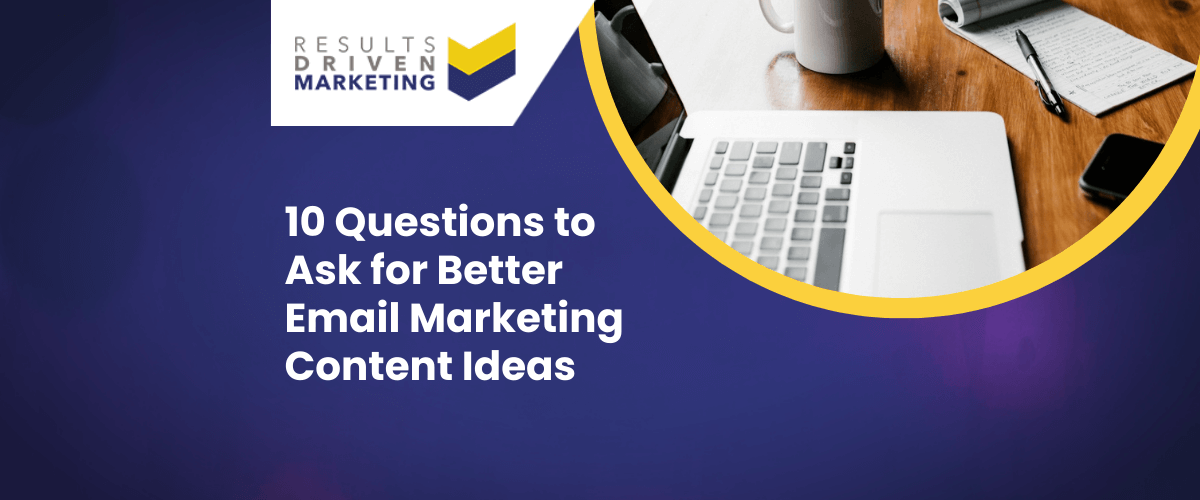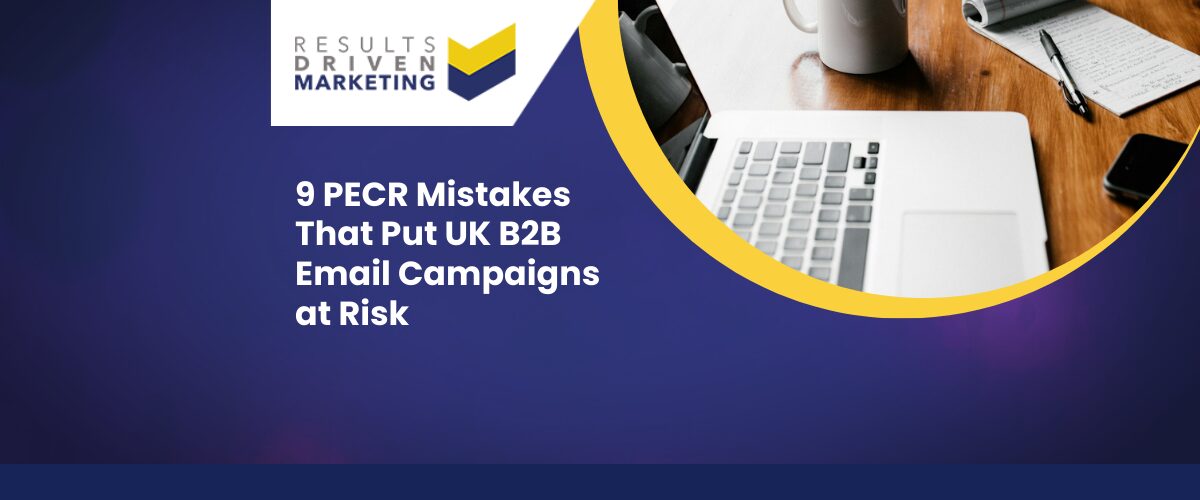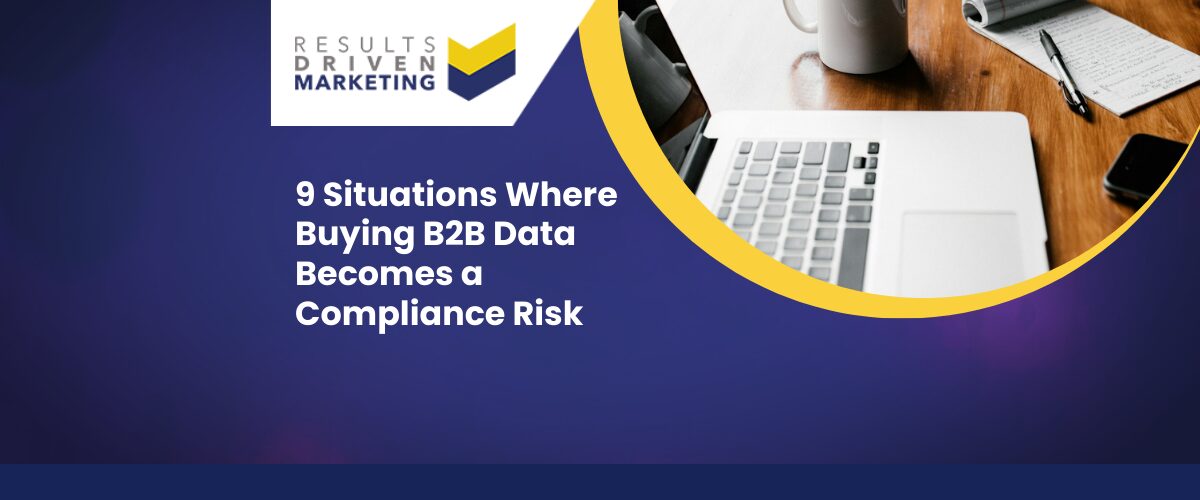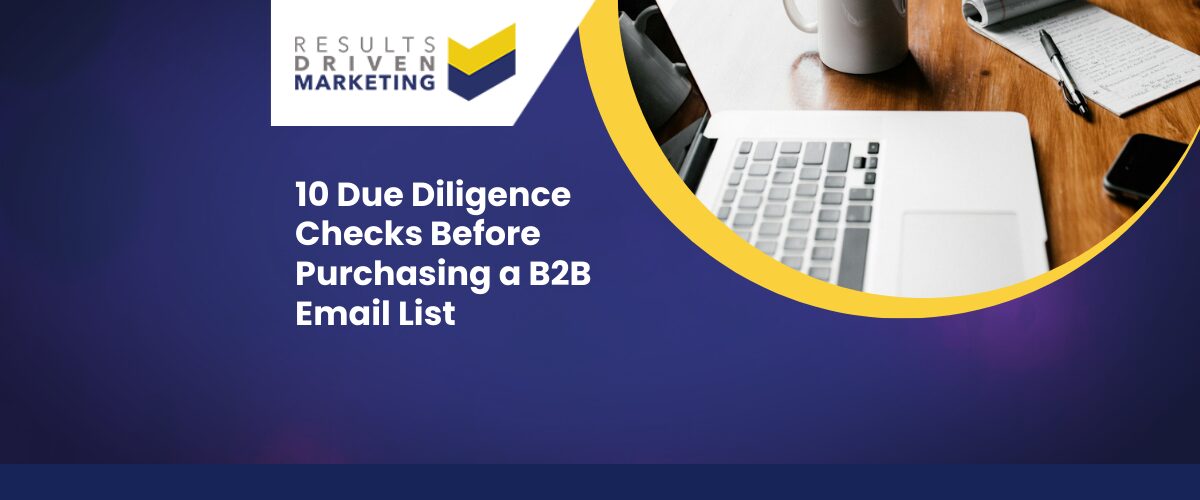
10 Questions to ask for better email marketing content ideas
We all need some email marketing content ideas from time to time, especially when it comes to emailing a mature list that has heard from us before, or one that is hearing from us for the first time and we are keen to make an impression.
Here are 10 questions you can ask your audience to understand what they are likely to find engaging 🙂
- What is the biggest business challenge you face?
- What are the most common obstacles you face when trying to accomplish [goal]?
- What would you change about your business?
- What takes the most time out of your day that you would like to streamline?
- What is preventing you from hitting desired outcomes or goals?
- What do you see as the future of your organisation?
- What are the main obstacles preventing you from growing your business?
- If you had a magic wand and could change your business in any way, what would you do?
- If you could expand your reach, who would you target?
- What are your competitors doing, that you are not?
When you start to ask questions like this or variations of them, you really start to uncover the aspirations and pain points of your prospects and can therefore position your products and services accordingly.
For more information about our easy to use email marketing software – click here
Understanding the ‘Why’: What Drives Businesses to Purchase Products or Services
In the diverse landscape of commerce, have you ever wondered what triggers a business to make a purchasing decision? Why does one business choose to buy a particular product or service over another? Let’s dive into this fascinating journey to uncover the whys and hows behind these crucial business decisions.
Problem Solving
The most common reason businesses buy a product or service is to solve a problem. They could be looking for a solution to enhance their productivity, streamline operations, or improve customer service. For instance, a company might decide to invest in a Customer Relationship Management (CRM) system like Salesforce to help manage their customer interactions more efficiently and effectively.
Cost Efficiency
One of the significant drivers behind business purchases is cost-efficiency. Companies are always looking for ways to reduce costs and increase profitability. This could mean investing in energy-efficient equipment to cut down utility bills or opting for an outsourcing service to reduce labor costs. An excellent example of this is how businesses turn to platforms like Upwork or Fiverr to outsource tasks and projects, helping them save on full-time employee expenses.
Innovation and Competitive Advantage
In the fast-paced world of business, staying ahead of the competition is crucial. Companies often purchase products or services that offer them an innovative edge or a unique competitive advantage. This could be an investment in cutting-edge technology, unique business software, or services that offer them a market advantage. Companies like IBM and Microsoft, for instance, regularly invest in advanced AI technologies to stay competitive and drive innovation.
Regulatory Compliance
In many industries, regulatory compliance is a key factor driving purchase decisions. Businesses must buy certain products or services to comply with industry standards or legal regulations. For instance, healthcare organisations invest in HIPAA-compliant software to safeguard patient information, while manufacturing companies might purchase safety equipment to comply with OSHA regulations.
Scalability
As businesses grow, their needs evolve. They often need to purchase products or services that can scale with them and support their growth. This could be investing in cloud-based services that can be easily scaled up or down, depending on the business requirements. Amazon Web Services (AWS), for example, provides scalable cloud solutions that many businesses adopt as they grow and their data needs expand.
Quality Assurance
Quality can significantly influence a business’s decision to purchase. Companies are willing to pay a premium for products or services that offer superior quality, as it can lead to better outcomes, lower maintenance costs, and higher customer satisfaction. Apple’s MacBook Pro, for its top-notch quality and performance, is a preferred choice for many businesses despite its higher price point.
Reliable Customer Support
Businesses tend to buy from companies that offer excellent customer support. This is especially true for products or services that are complex or critical to business operations. Reliable customer service that can quickly resolve issues and minimise downtime is a big plus. This is one reason many businesses choose to work with software providers like Adobe, known for its comprehensive customer support.
Reputation and Brand Trust
Finally, the reputation of the vendor and trust in the brand plays a significant role in business purchase decisions. Businesses prefer to buy from companies that have a proven track record of reliability and integrity. This is why brands like IBM, with a longstanding reputation for quality and reliability, continue to thrive in the B2B market.
In summary, the reasons businesses buy a product or service are multifaceted, ranging from problem-solving and cost-efficiency to innovation and brand trust.
Understanding these motivations can help suppliers and service providers better cater to their business customers’ needs and thrive in the competitive B2B landscape. So, the next time you’re wondering why a business made a particular purchase, you’ll have a bit more insight into the process behind the decision.
For more information about our easy to use email marketing software – click here





